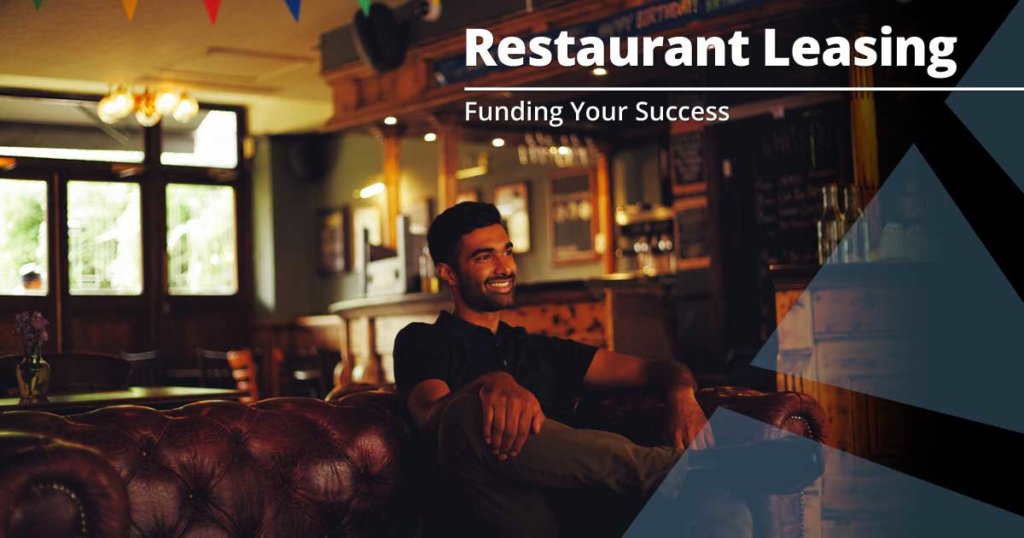What to Know When Leasing a Restaurant
 When your restaurant is just getting off the ground, it usually makes the most business sense to lease your property. Unless you own your location outright already, a lease keeps you from carrying a mortgage until you’re financially stable enough to do so. There are a lot of complexities when it comes to leases, however. Here, we’ll deliver key information to help you navigate the process.
When your restaurant is just getting off the ground, it usually makes the most business sense to lease your property. Unless you own your location outright already, a lease keeps you from carrying a mortgage until you’re financially stable enough to do so. There are a lot of complexities when it comes to leases, however. Here, we’ll deliver key information to help you navigate the process.
Give Yourself Enough Time
It is not likely you’ll stumble upon the perfect location for your restaurant, and it happens to be up for lease, and the interior is perfect, and nothing needs to be fixed. It’s even more unlikely that all of these stars are aligned at the exact time you’re in the market for a space. Plan accordingly, giving yourself more time than you might think to get the place up and running. You’ll need to factor in fixes, permits, and lease negotiations. If you think that’s going to happen overnight, think again. Budget at least six months from scouting to serving.
Have a Solid Plan
It goes without saying that before you even begin to scout out a location, you’ll need to have a solid business plan in place. Your restaurant concept, menu, pricing, and target demographic all combine to inform where would be your best location. Have these ducks in a row so that you can jump as soon as the perfect spot surfaces.
Know What –and Where—You Can Afford
True, if you’re yet to open your restaurant you don’t exactly know what your occupancy cost will amount to. Without that knowledge it’s hard to determine how much rent you can afford. This is where you look to your competitors and learn from their books. If investment information isn’t available online, it’s easy enough to ask around for details on how much rents are in the area. With this, you can According to the website Restaurant Real Estate Advisors, “The general rule of thumb is your total occupancy cost (rent and additional fees for property taxes, insurances, etc.) should not exceed 6-10% of your gross sales.”
Avoid torturing yourself by looking at leases in areas you know you can’t afford. Stick with what’s reasonable for your budget, and remember that being “house poor” can mean the end of your business.
Know Your Landlord
Do the research on your potential landlord before signing anything. You can ask businesses in the building how their experience has been with both the landlord and the general area. If you’ve ever rented an apartment and dealt with a nightmare landlord, you know exactly the questions to ask: do they respond to emergencies quickly? Are they easy to work with? Are they available when you need them?
Be Prepared with Funds
Anyone who has had the opportunity to dabble in real estate purchases knows the stress that unforeseen costs can cause. Underestimating the amount of funds you’ll need when leasing a property and getting it ready for guests can be catastrophic at best. You could end up significantly underwater or even have to abandon the project altogether. Secure the start of your restaurant with a small business loan, such as a Flex Pay loan from ARF Financial. This type of loan is perfect for business owners just getting their feet wet. You can also defer up to 50% of your loan’s principal into the future for more affordable payments now, so you can pay it back when the time is right.

